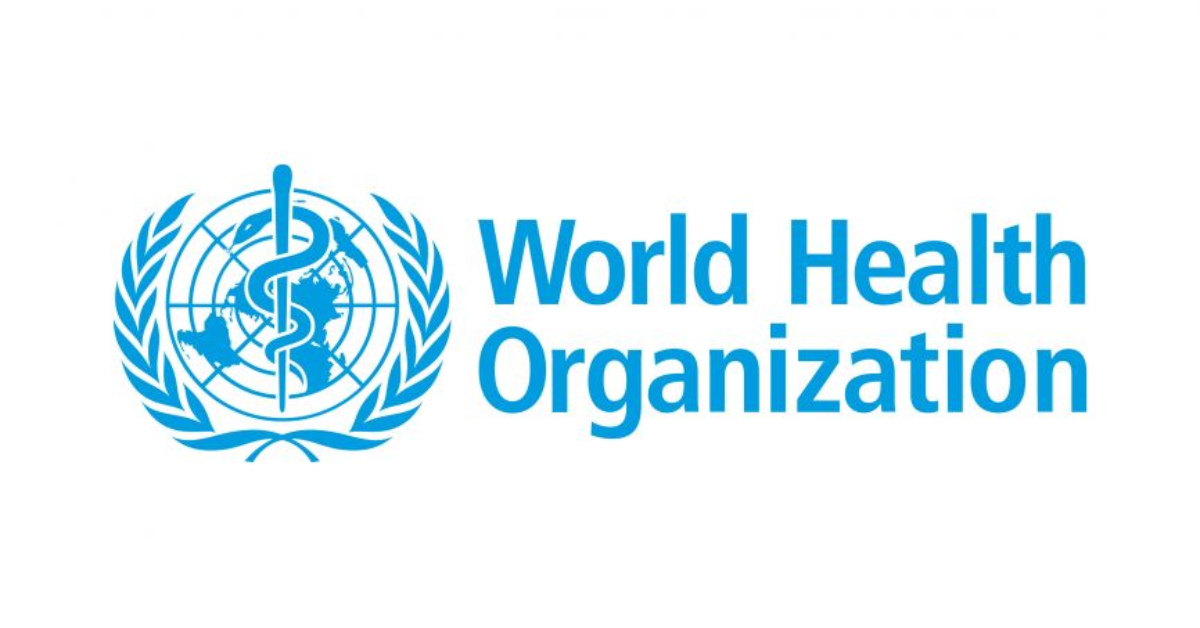The World Health Organization (WHO) was established in 1948 with the aim of raising awareness about health issues and promoting equitable healthcare for all. The organization has played a significant role in eradicating smallpox and tackling other serious diseases such as HIV/AIDS, malaria, and tuberculosis. Additionally, WHO plays a crucial role in coordinating emergency responses in all countries.
Following the establishment of WHO, World Health Day was instituted in Geneva in 1950, celebrated annually on April 7th, sending the message of universal healthcare worldwide.
Each year, World Health Day focuses on a specific public health theme. The theme for 2025 is "Healthy beginnings, hopeful futures," aiming to eliminate preventable maternal and neonatal deaths and prioritize the long-term health and well-being of women.

The evolution of health systems is essential for managing and addressing issues that can affect the health of mothers and newborns. These include not only immediate obstetric complications but also mental illnesses and non-communicable diseases. According to recent studies, approximately 300,000 women lose their lives due to pregnancy or childbirth each year, while over 2 million babies die within the first month of life, and about 2 million more are stillborn. This means about one preventable death every 7 seconds.
We can also help women who have become or will become mothers by listening to and supporting them and their families. Additionally, WHO and its partners, for World Health Day, will share useful information to support healthy pregnancies and births, as well as better health after childbirth.
By supporting, listening to, and helping women and babies, we can offer them quality and healthy care both physically and emotionally, before, during, and after childbirth. Their survival is the goal of this year's "World Health Day 2025" and ours, for a better, global, healthy motherhood!


